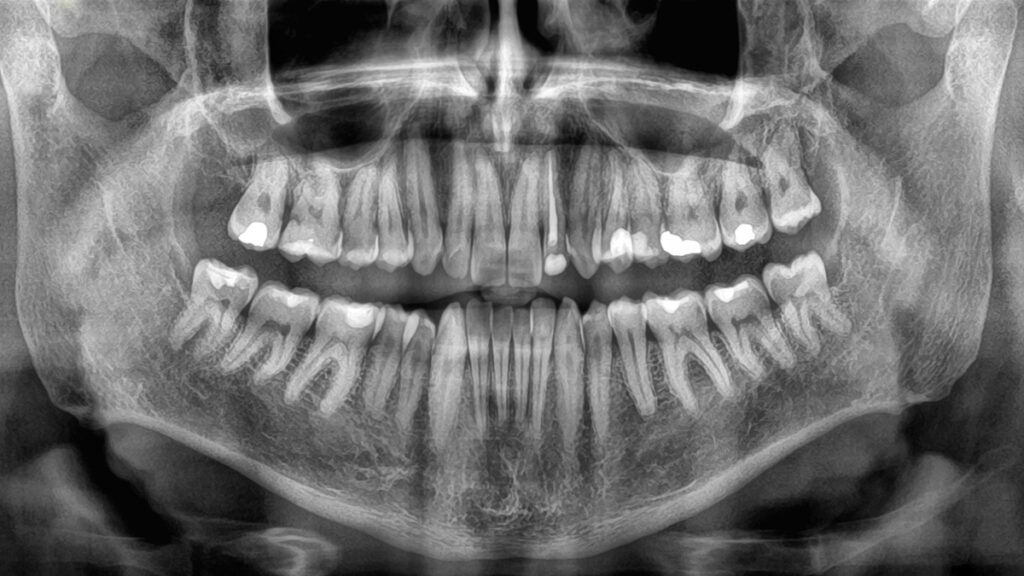
How quickly we lose teeth in old age has been linked to a heightened risk of mortality, according to a comprehensive new study. This research underscores the importance of maintaining good oral health and suggests that tooth loss could serve as a critical indicator of other serious health issues.
Previous studies have established a connection between tooth loss and mortality, generally indicating that fewer teeth correlate with a greater chance of earlier death. However, until now, there has been limited data on how the speed of tooth loss might affect this association. A team of researchers from Sichuan University in China sought to fill this gap by examining tooth loss in 8,073 elderly individuals, tracking their rate of tooth loss against mortality over an average period of 3.5 years.
Key Findings and Implications
The study found that among older adults, the risk of all-cause mortality significantly increased with a more rapid progression of tooth loss, irrespective of the initial number of teeth. This relationship persisted even after adjusting for various factors known to influence health and disease, such as sex, age, education level, drinking habits, and exercise frequency.
“Among older adults, the risk of all-cause mortality significantly increased with a more rapid progression of tooth loss, regardless of baseline tooth count,” the researchers noted in their published paper.
Importantly, the researchers are not suggesting that tooth loss itself is fatal. Rather, they propose that the health issues leading to tooth loss may also be contributing to a shortened lifespan. Therefore, tooth loss could be utilized as a marker to assess an individual’s overall health and mortality risk.
Understanding the Underlying Causes
Good oral health has long been associated with better general health, with previous studies identifying links to cognitive decline and heart disease. However, the exact reasons behind the correlation between tooth loss rates and mortality remain unclear. The researchers point to inflammation, diet, obesity, and psychological distress as potential factors influencing both tooth loss rates and disease.
For instance, individuals with fewer teeth often have a less varied diet due to difficulties in chewing, which can result in inadequate nutrition and exacerbate health problems. “Despite these explanations suggesting an association between tooth loss and other known mortality risk factors, the exact mechanisms remain unclear and warrant further investigation,” the researchers wrote.
Promoting Oral Health and Future Directions
The study’s authors emphasize the importance of promoting good oral health. Regular dental visits, twice-daily brushing, and quitting smoking are all recommended to maintain healthy teeth, with previous research indicating these habits can influence longevity in elderly populations.
Dental check-ups also allow for the counting of teeth and the application of solutions for missing teeth, such as dentures. This could serve as a reliable method for monitoring older individuals’ health and their risk of death and disease, the study suggests.
Meanwhile, research into innovative methods for replacing missing teeth continues to advance. Recent developments include synthetic lab-grown teeth moving closer to reality and clinical trials of a drug designed to regrow missing teeth.
“These findings emphasize the critical importance of monitoring tooth loss progression,” the researchers stated. “It is reasonable to suggest that healthcare professionals and the general public should be aware of the potential adverse prognosis associated with a rapid progression of tooth loss.”
As the study highlights, understanding the link between oral health and overall well-being is crucial. With further research, healthcare professionals can better utilize tooth loss as a predictive tool for assessing health risks, ultimately aiming to improve quality of life and longevity for the elderly population.







